A British film fan recently took to social media to share an unusual experience that had happened to her while visiting the Picturehouse cinema in central London. She was standing in the foyer, watching the trailer for the forthcoming superhero picture The Fantastic Four: First Steps, when she became aware of a middle-aged man standing next to her, enjoying the same preview. He then said, in apparent surprise, “Look! I’m in that!” She turned to him, expecting to see some character actor with a one-line role, and it was none other than Pedro Pascal: film and television star, self-appointed nemesis to J.K. Rowling and “the internet’s daddy.”
The man who launched a thousand memes is playing Reed Richards, aka Mister Fantastic, in what is expected to be one of the summer’s biggest hits. It is his first lead role in a big blockbuster (although in truth Marvel has never been a studio geared towards actors) and cements what has been a fairly incredible last couple of years for Pascal. He played a major supporting role as the disenchanted but honorable general Acacius in Gladiator II, distressed his millions of fans by dying early in the second series of The Last of Us, stole the show as a suave billionaire with a strange secret in Celine Song’s Materialists and kept his indie credentials alive by starring as a put-upon mayor in Ari Aster’s Eddington, which premiered to generally warm, if slightly bemused, reviews at Cannes earlier this year. At a time when middle-aged white male film stars are thin on the ground, the paternalistic Pascal might seem to be a blessing. So why is it so hard to warm to him?
There is always something slightly self-regarding about actors who not only become memes but seem to thrive on the idea that internet fandom somehow translates into a successful acting career. When Pascal first came to prominence in Game of Thrones a decade or so ago as the dashing, doomed Oberyn Martell – who endures perhaps the nastiest death scene in a show justly famous for them – he was a jobbing television and film actor, but his performance made casting directors take notice. His lead in The Mandalorian saw him play (largely) behind a mask, but it established him as a fatherly figure, a role that he seems happy to play both on and off screen. Never mind that his Acacius in Gladiator II was a limp reprise of Russell Crowe’s mighty Maximus in the original, or that his default setting on screen seems either to be tormented angst or flip suavity; Pascal is now a major Hollywood figure to be reckoned with, and will only grow in stature.
He is also An Ally. Yes, Pascal is a star who has taken his fame and turned it into a rallying cry for the LGBTQ community. His sister Lux – a transgender activist – has said admiringly of her brother that “He has been an important part of this. He is also an artist and has been a guide. He was one of the first to give me the things that formed my identity.” Pascal, like many so-called progressive liberals, has also taken every opportunity he can to lay into the trans movement’s bête noire, J.K. Rowling, calling her “disgusting,” condemning her comments as “heinous loser behavior” and announcing in an interview with Vanity Fair that “Bullies make me fucking sick.” An apparently unperturbed Rowling responded on X that “Can’t say I feel very shut down, but keep at it, Pedro. God loves a trier.” Whether or not one sides with Pascal or Rowling over this affair (I assume most Spectator readers have made up their minds), it is also an interesting insight into the mindset of one of Hollywood’s most outspoken actors. Pascal keeps his own private life studiedly private – he has no high-profile partner, of either gender – and when he isn’t promoting whatever film or series he’s in, is happy to be seen as a firebrand of left-wing values, which may or may not chime with what Marvel seeks to support. It is undeniably in Pascal’s favor that he chooses to use his influence and fame to work with offbeat directors such as Ari Aster and Song, but just as James Franco’s meteoric rise and cataclysmic fall a few years ago seemed to be based on less than met the eye, you also have to ask who, exactly, the real Pedro Pascal is: actor, liberal or activist. The delighted-looking middle-aged man in the London cinema seeing himself on screen might also be asking himself the same question.



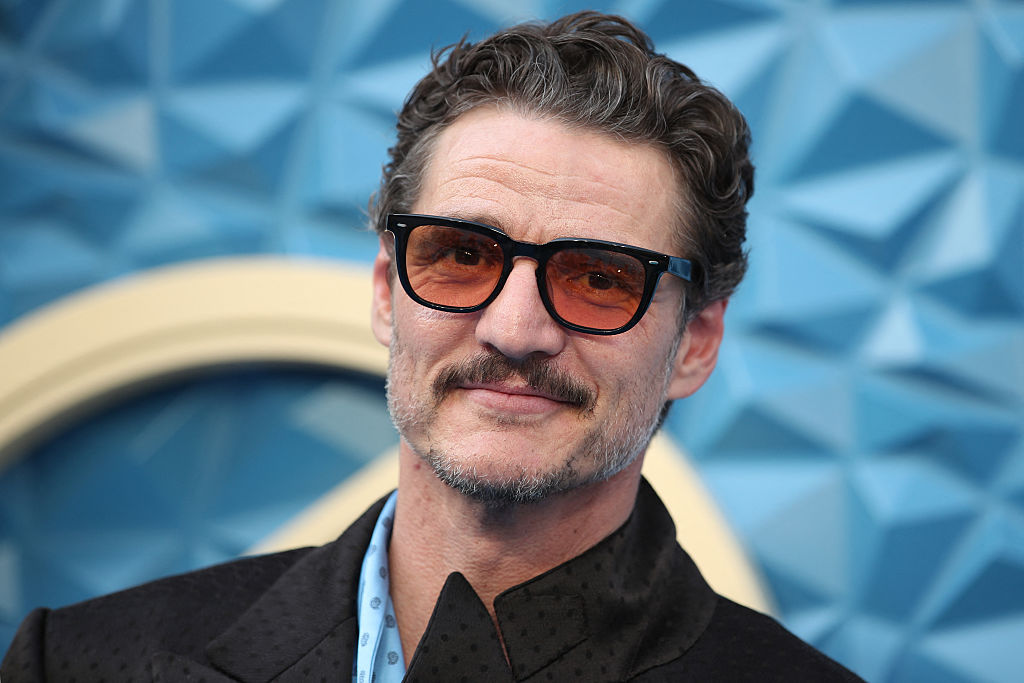









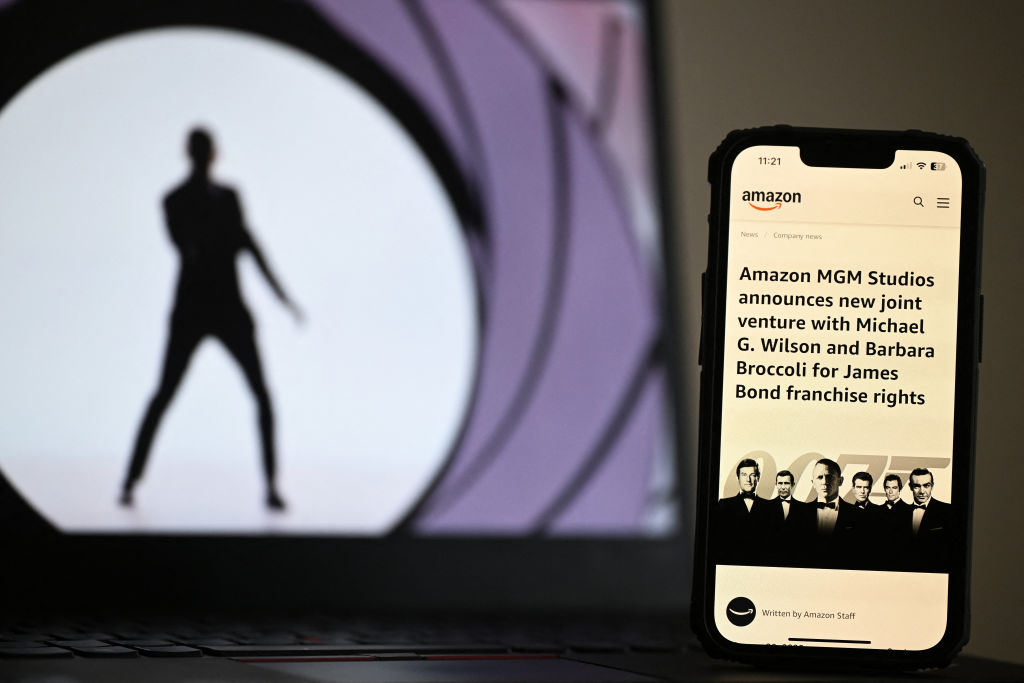
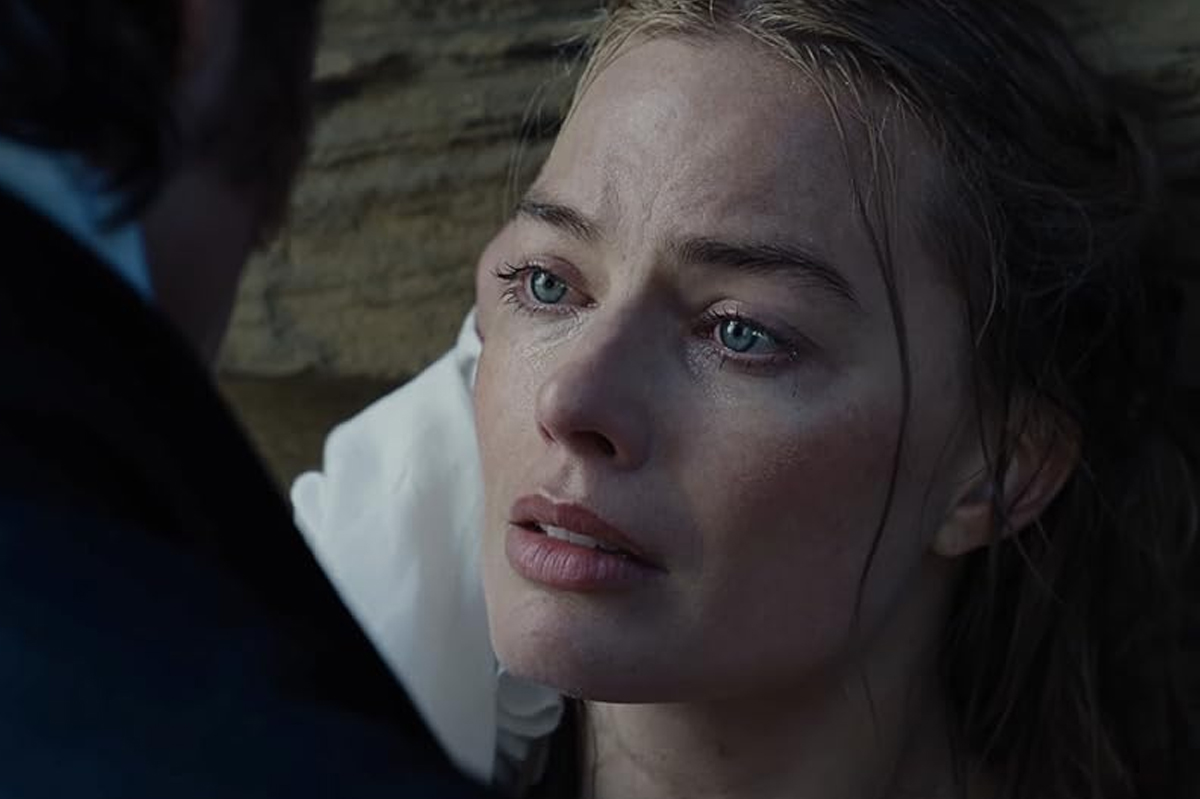
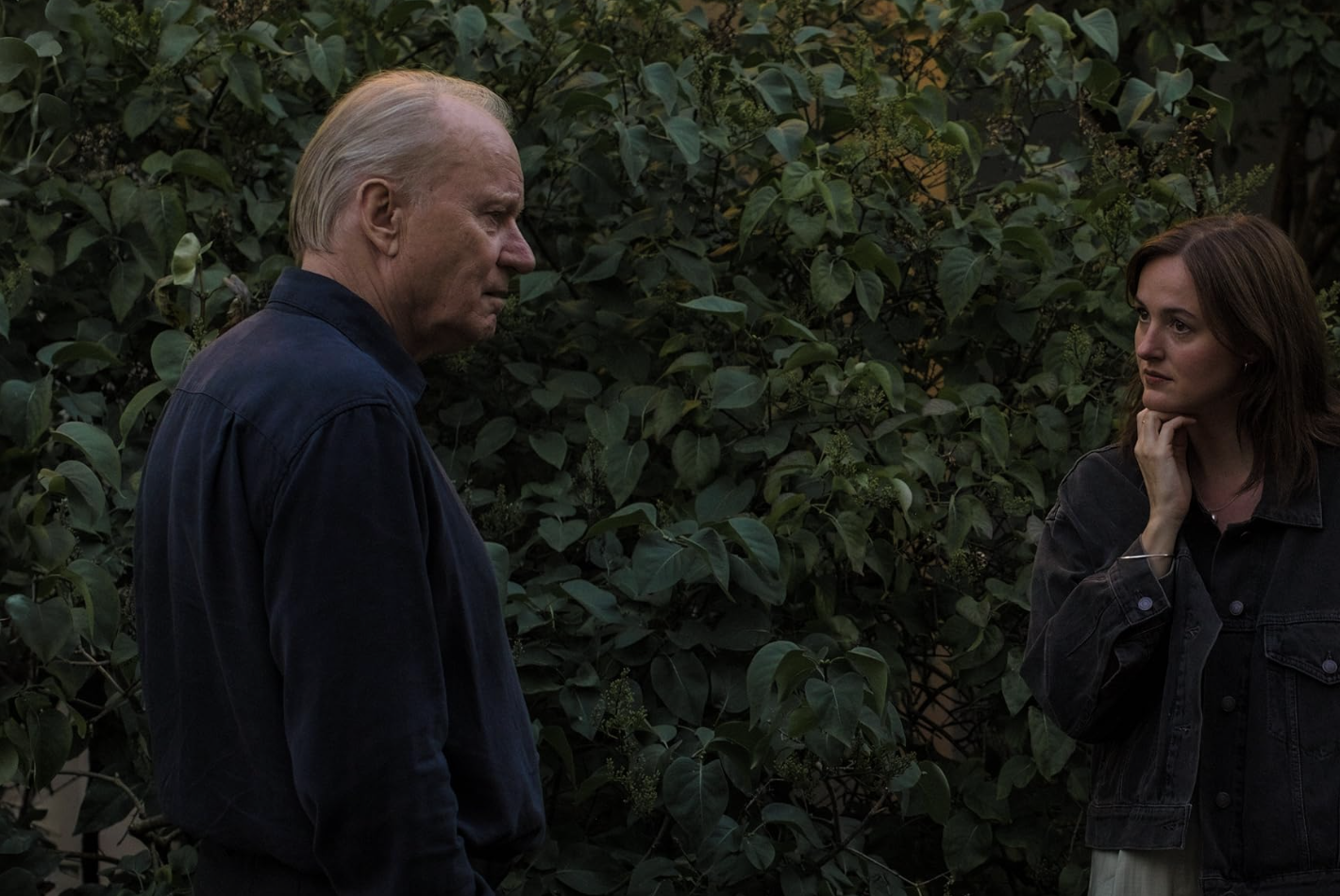
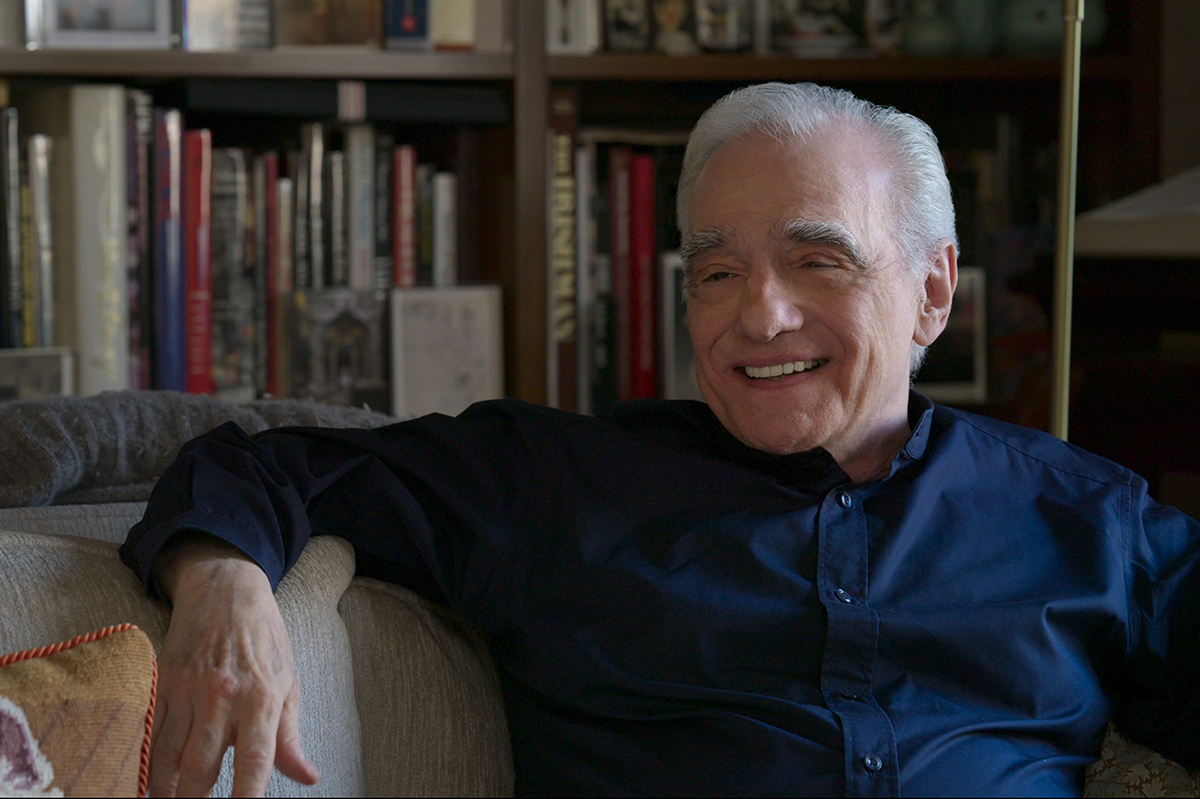







Leave a Reply